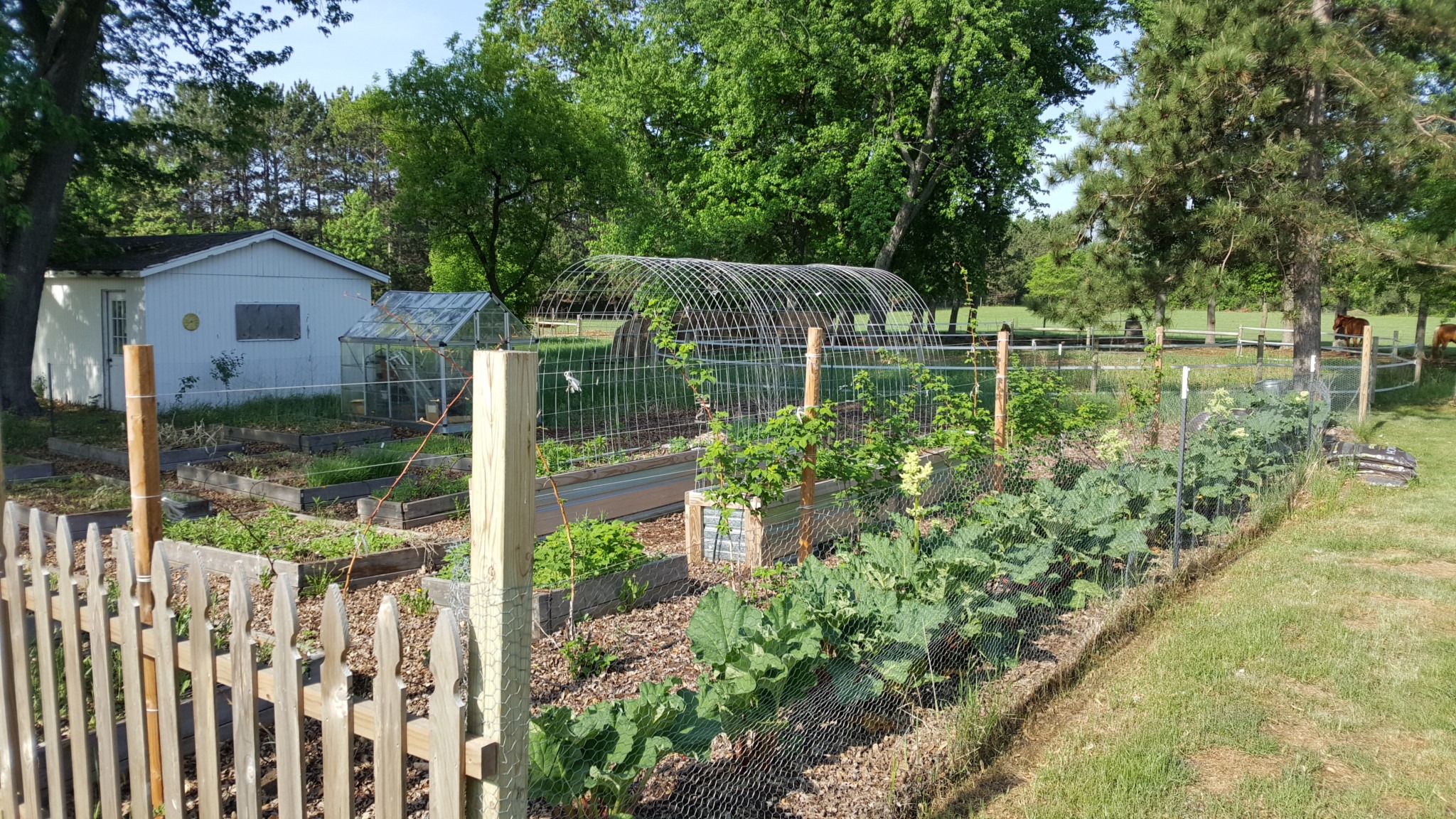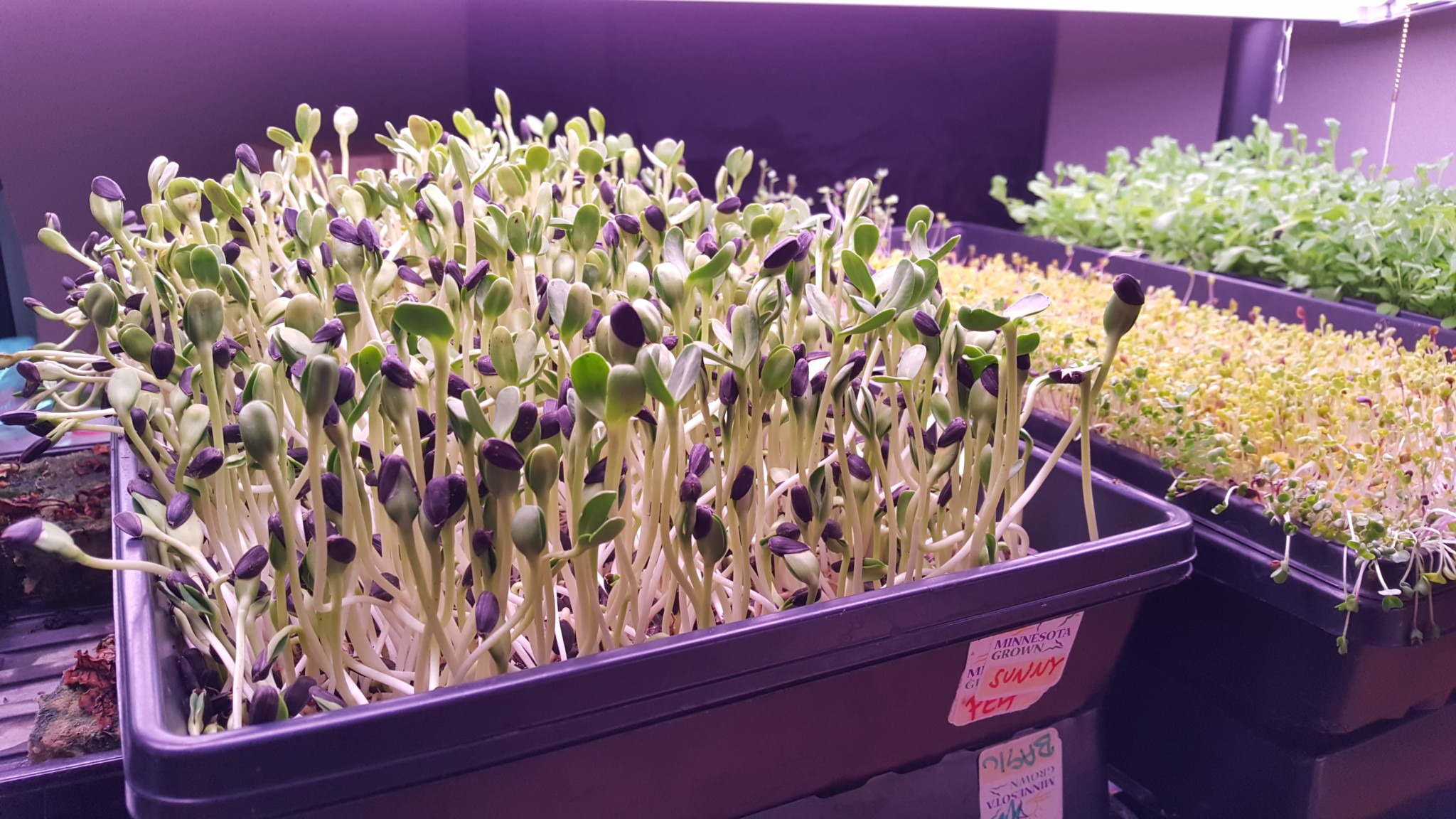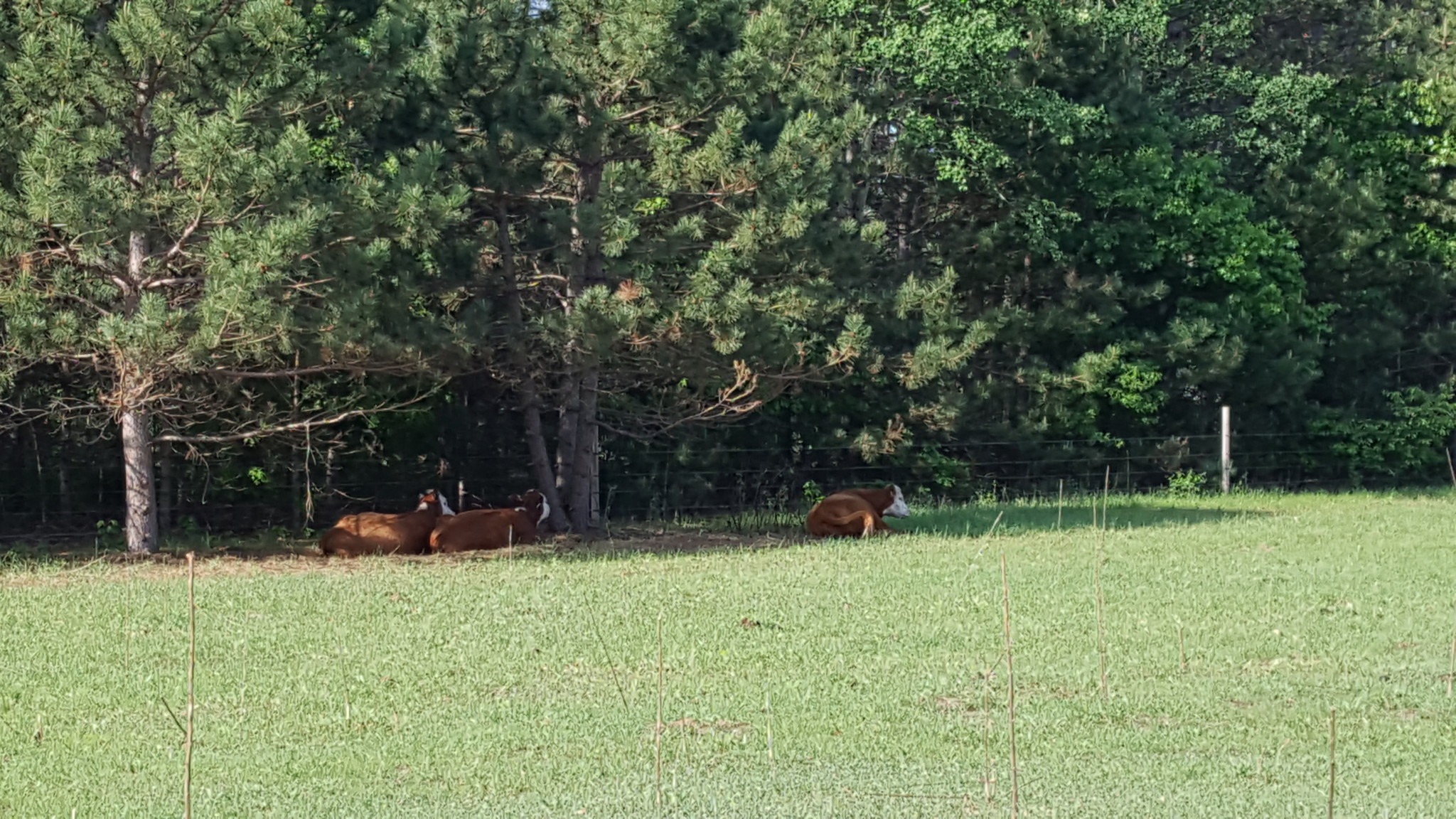Having a daughter who struggled with health problems as a young child, Carla Mertz and her husband wanted to find a way to give their little girl healthy and local food. Carla, an interior designer, and her husband, an engineer who grew up going to his grandparents dairy farm, didn’t imagine themselves becoming farmers, but they saw it as the best way to know where their food was coming from. In 2013, the family took the leap and purchased Iron Shoe Farm in Princeton.
In their first year, the couple had 15 head of cattle and about 150 meat birds on 65 acres. Since then, the farm has gone through drastic changes. Their flock of birds has grown, and today they raise between 1,000 and 1,500 meat birds each year. In addition, their herd of cattle has fluctuated in size throughout the years, and they are currently trying out different breeds in an effort to find the breed best suited to their land and climate. The farm grew again when they added 15 hogs and three horses which can be found in the pastures next to a large fenced vegetable garden and quaint red barn that shelters their young birds.

However, the biggest change to the farm was the addition of microgreens, which now provide income to the family year-round. Microgreens are edible, little greens that fall between baby greens and sprouts in size. Due to their small size, they have a more intense flavor and are packed with nutrients. Unlike traditional crops, such as corn, most microgreens are grown indoors under grow lights and can be harvested between two and four weeks. The Mertz’s started out with just a few trays of the nutritious little plants, but have rapidly scaled up to meet demand. Today, they grow about 50 trays a week which go to local restaurants such as The Tipsy Chicken, Rockwoods, Main Street Eatery, and The Good Earth Food Coop. During the summer, they double their supply to sell at farmers markets including Big Lake and Princeton.


Their home has become an unconventional farm, and the upper floor of the house glows with bright grow lights with trays of greens lining the walls. The short shelf life of microgreens make them difficult to produce and market on a large scale, so many microgreen farms resemble the Mertz’s, a home turned greenhouse. These tiny plants reflect the changing agricultural industry and the resourcefulness of farmers who want to provide local foods year round.
As the farm enters its 80th year, Carla hopes to use her farm to build community and understanding around food and agriculture. Recently, the family has partnered with Rockwoods, a restaurant in Ostego, to create a direct farm to table food supply. Carla wants to focus on holistic farming by breeding their animals naturally, sourcing used grains from breweries for animal feed, and keeping their animals on pasture year round. The family farm also gives back by donating a portion of their profits to INDY, a Minnesota organization that provides support for people battling cancer. In the future, Carla hopes to secure a permit to host events at the farm.
